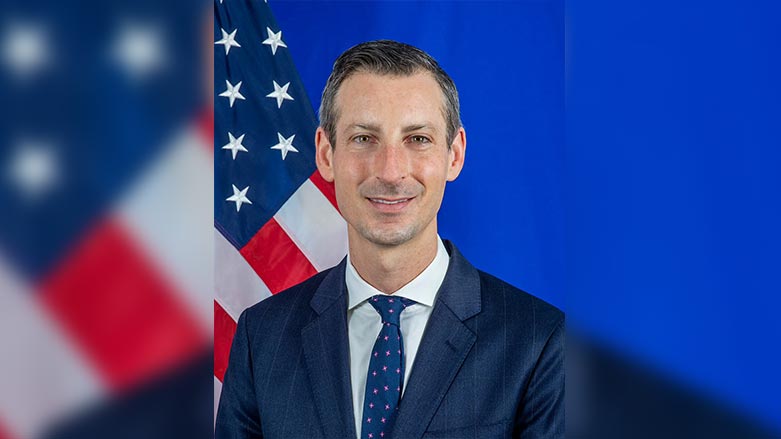US no longer interested in reviving JCPOA

WASHINGTON DC, United States (Kurdistan 24) – On Tuesday, State Department Spokesperson Ned Price, reiterated the US position that it was no longer interested in resurrecting the 2015 Iranian nuclear deal, formally known as the Joint Comprehensive Plan of Action (JCPOA).
This position differs from that held by the Biden administration, when it first took office. Then, the priority was to revive the JCPOA. In fact, as late as mid-September of last year, the State Department maintained that it was “not too late” to renew the JCPOA.
But that was the last time—five months ago—that Washington expressed a readiness to join in talks aimed at reviving the accord.
Indeed, in November, while on the campaign trail in California, President Joe Biden said quite the opposite. He affirmed that the JCPOA was “dead.”
Read More: Joe Biden: Iranian nuclear deal is “dead”
Ebrahim Raisi’s Visit to China
Iranian President Ebrahim Raisi began a three-day visit to China on Tuesday. It was his first visit to that country, and, in fact, the first visit of any Iranian leader to China in the past twenty years.
In 2021, China and Iran signed a 25-year “strategic cooperation pact.” However, the agreement “has failed to deliver economic benefits expected by Tehran,” the Financial Times reported. In addition, Tehran is unhappy with China’s efforts to improve ties with Saudi Arabia, Iran’s principal regional rival.
Thus, as the Times noted, Raisi told Xi, according to Iranian media, that although relations between the two countries were “moving forward,” nonetheless, “what has been done is still behind what should have been done.”
Renewing the JCPOA was among the issues discussed on Tuesday between Raisi and Xi. Although there have been no JCPOA talks since September, Xi said, “China would ‘continue to constructively participate in the negotiations’ on reviving ‘the implementation of the comprehensive agreement on the Iranian nuclear issue, support Iran in safeguarding its legitimate rights and interests and promote the early and proper resolution of the Iranian nuclear issue,” according to the Times.
US Not Interested in Reviving 2015 Nuclear Deal
Building on Xi’s remarks, a journalist asked Price on Tuesday, “Should the opportunity present, should [the Iranians] want to go back to finalize the talks, will the US go in?”
His answer was essentially no.
“Again, the JCPOA has not been on the agenda for some time,” Price replied. “We continue to discount, if not dismiss, repeated claims from Iranian officials that we are eager to go back to the JCPOA” or “we’re calling for a return to JCPOA negotiations.”
“We’re not,” he affirmed. “We’re sending very clear messages to the Iranian regime.”
“Those messages are: stop killing your own people,” he continued, referring to the protests ongoing in Iran since the Sept. 16 death in police custody of the young Kurdish woman, Zhina (Mahsa) Amini, for not properly wearing a headscarf.
“Stop sending UAV technology to Russia,” Price added, and “free those wrongfully detained American citizens.”
Price had said essentially the same thing on Monday. “There has been no discussion of resuscitating the JCPOA,” he stated. “That is not on the agenda.”
The initial drive by the Biden administration to renew the JCPOA was undone by three factors: the failure to achieve an agreement even after 20 months of talks; the widespread protests against the regime, following Amini’s death last September; and Iran’s arms sales, particularly drones, to Russia for use in its war against Ukraine.
